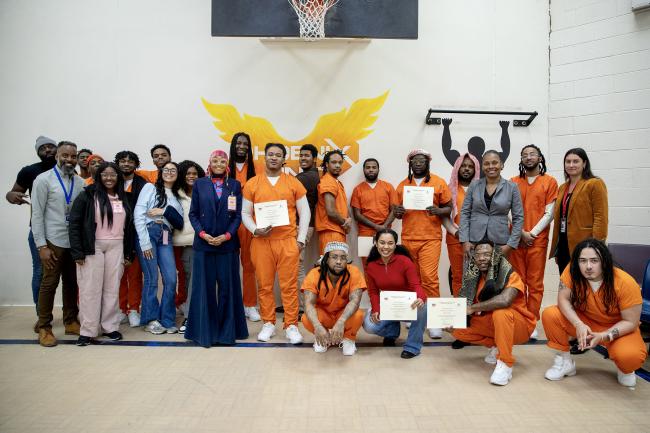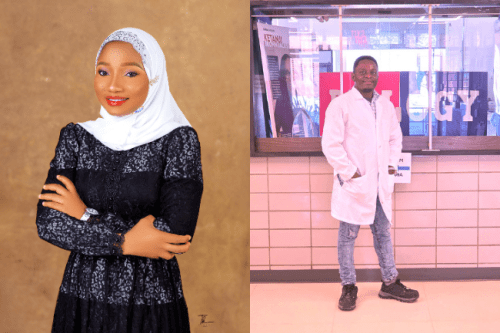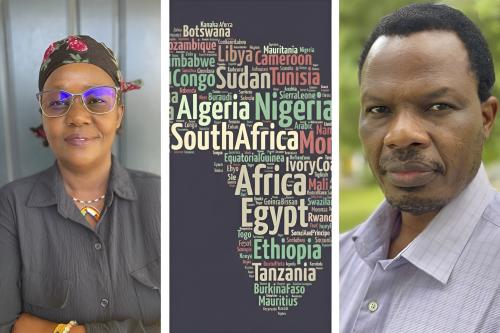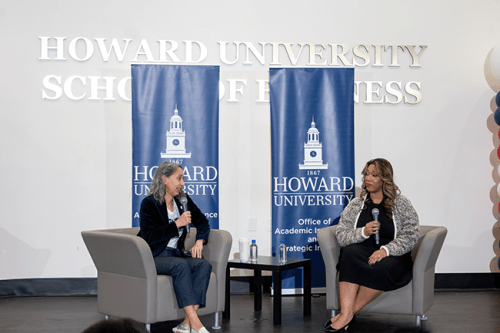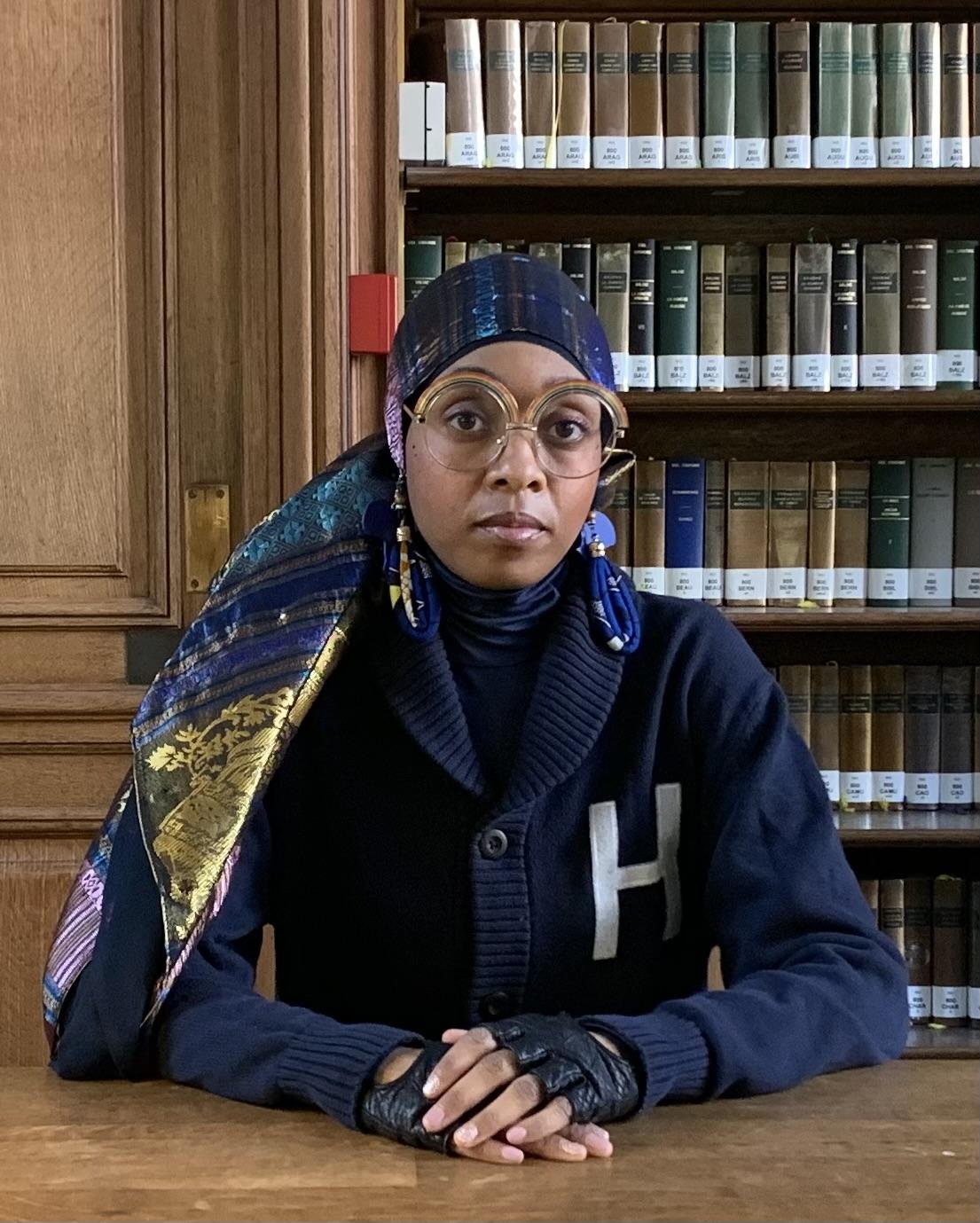
I’m trying to challenge the deficit-based perspective that assumes the only outcome for children of incarcerated parents is incarceration themselves."
For nearly two decades, Bahiyyah M. Muhammad, Ph.D., has dedicated her career to challenging the stigma surrounding children of incarcerated parents. As an associate professor at Howard University, Muhammad’s research focuses on highlighting the resilience and success of these children — many of whom go on to earn advanced degrees, hold public office, and become leaders in their communities.
Her latest book, “Social Revolution: Black Children of Incarcerated Parents Speak Truth to Power," is an anthology drawn from a national data sample, showcasing stories of individuals who have defied societal expectations.
“I’m trying to challenge the deficit-based perspective that assumes the only outcome for children of incarcerated parents is incarceration themselves,” Muhammad said.
The objective of the project is to develop a better understanding of the factors that influence whether children will lead a crime-free life. This national study included 75 in-depth qualitative interviews with children of incarcerated parents (COIP) (defined as those 18 years or older) who self-identified as resilient and/or successful. This study is among the first to identify specific strategies for guiding COIP through processes of gaining long-term success.
This groundbreaking narrative sheds light on a different story than the typical stigmatizing framing that has oversaturated past and current scholarship on this topic. This particular study finding is evidence that there is much more to learn from asset-based inquiry with families affected by incarceration, especially children and young adults. The majority of participants (73%) did not have any involvement within the criminal justice system.
Her work extends beyond the U.S., with international research exploring the experiences of children whose parents are incarcerated on death row in Uganda. “I wanted to examine how these individuals remain liberated and empowered, despite knowing they will never see their parents outside the confines of incarceration,” she explained.
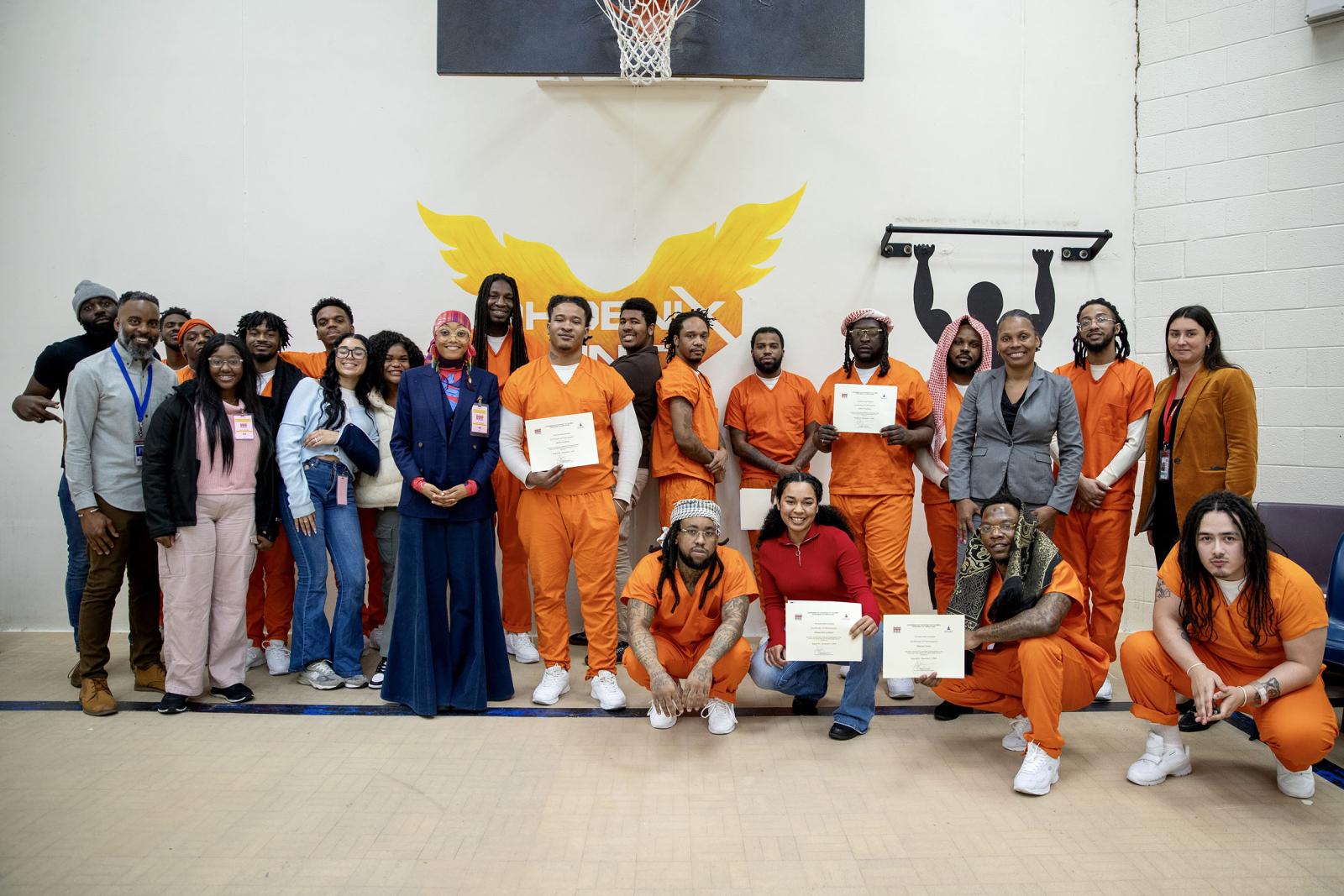
Muhammad won a national research award that funded her work for $100,000 through Thurgood Marshall College Fund Center for Advancing Opportunity.
“I was strategic about coming to Howard especially as a top-ranking research university,” said Muhammad. "I created a pathway to resting on truth and service, really looking into the truth of the research. Out of 250 individuals, 87% of individuals had never had any contact with the police. Not even a ticket. The idea that one in three children of incarcerated parents go to prison as well is untrue."

During Muhammad’s study, an adult child that was interviewed face-to-face shared her unique experience of parental incarceration — the incarceration of her mother. She was left to care for her younger sister, although at the time she was still a young adult herself. As the interview progressed, she shared details about how her mother parented her and her sister from prison. This included cooking directions, church resources and people who her mother had contacted from prison to have them step in and help out with anything she needed to be successful. Both her and her younger sister (college graduate) have gone on to become highly successful.
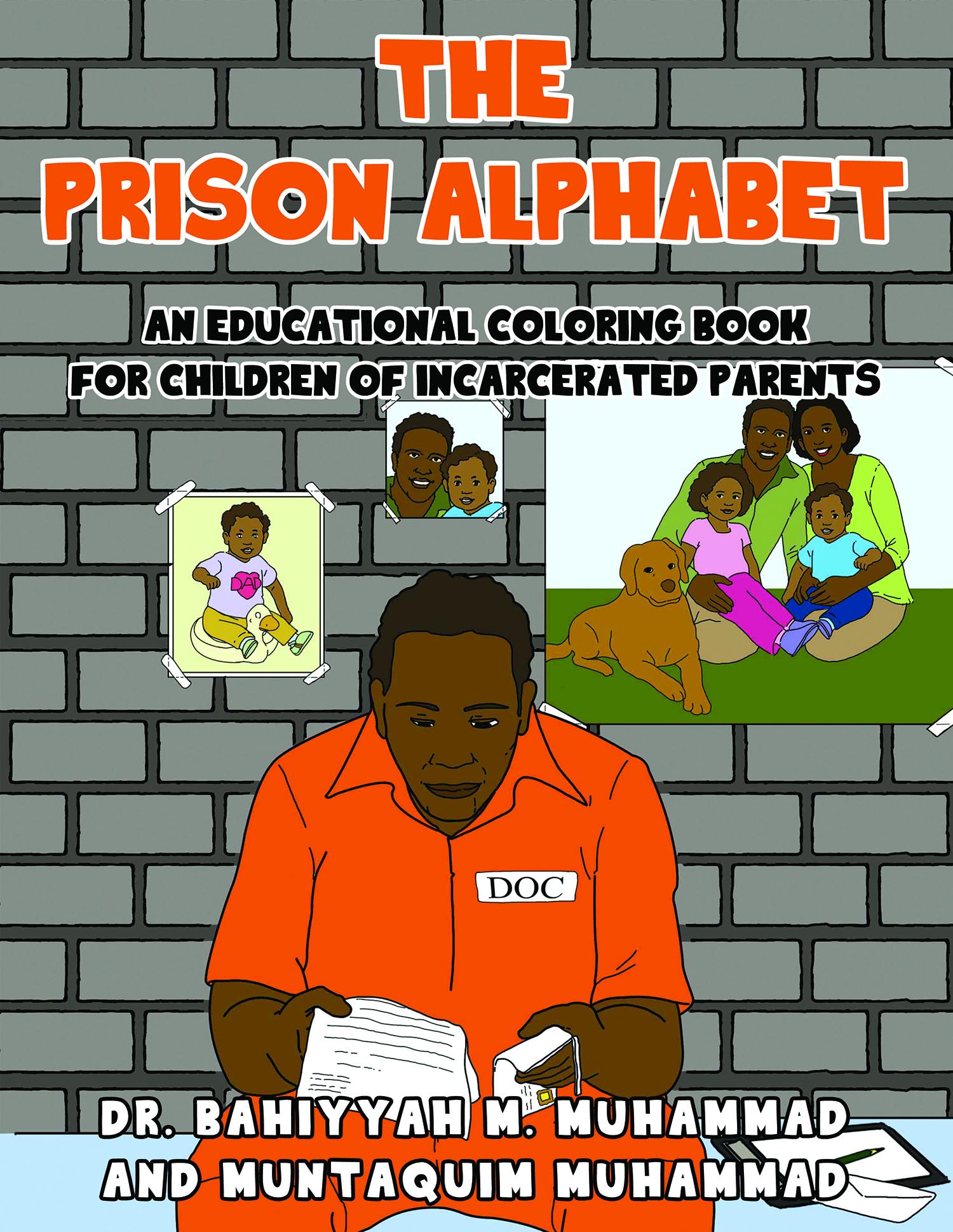
In addition to her academic contributions, Muhammad has authored four children's books, each rooted in extensive research. Among them is “The Prison Alphabet”, an educational coloring book designed to help children process the complexities of incarceration. Developed from 10 years of data, the book was inspired by grandmothers raising multiple generations of children impacted by incarceration. “It was the first time many of them had the opportunity to fully share their stories,” she said. Featuring terms like “A is for arrest” and “M is for mail call,” the book fosters educational conversations about the realities these children face. The project gained national attention, with HBO’s “Vice” highlighting Muhammad’s work in Newark schools.
Muhammad’s research also informs her classroom teaching at Howard University, where she leads courses such as "Children of Incarcerated Parents." Beyond the classroom, she offers students firsthand experience in global criminal justice systems. Last year, she took a group of 15 honors students to Paris to study how French families navigate mass incarceration. This year, she will lead a trip to Uganda to examine how children of incarcerated parents transition into universities.
“Instead of interviewing the parents only, I go to the homes and interview the grandmothers, and siblings,” said Muhammad.
Through her work, Muhammad is not only reshaping academic discourse but also creating real-world impact. By amplifying the voices of children of incarcerated parents, she is reframing the narrative — one story at a time.


